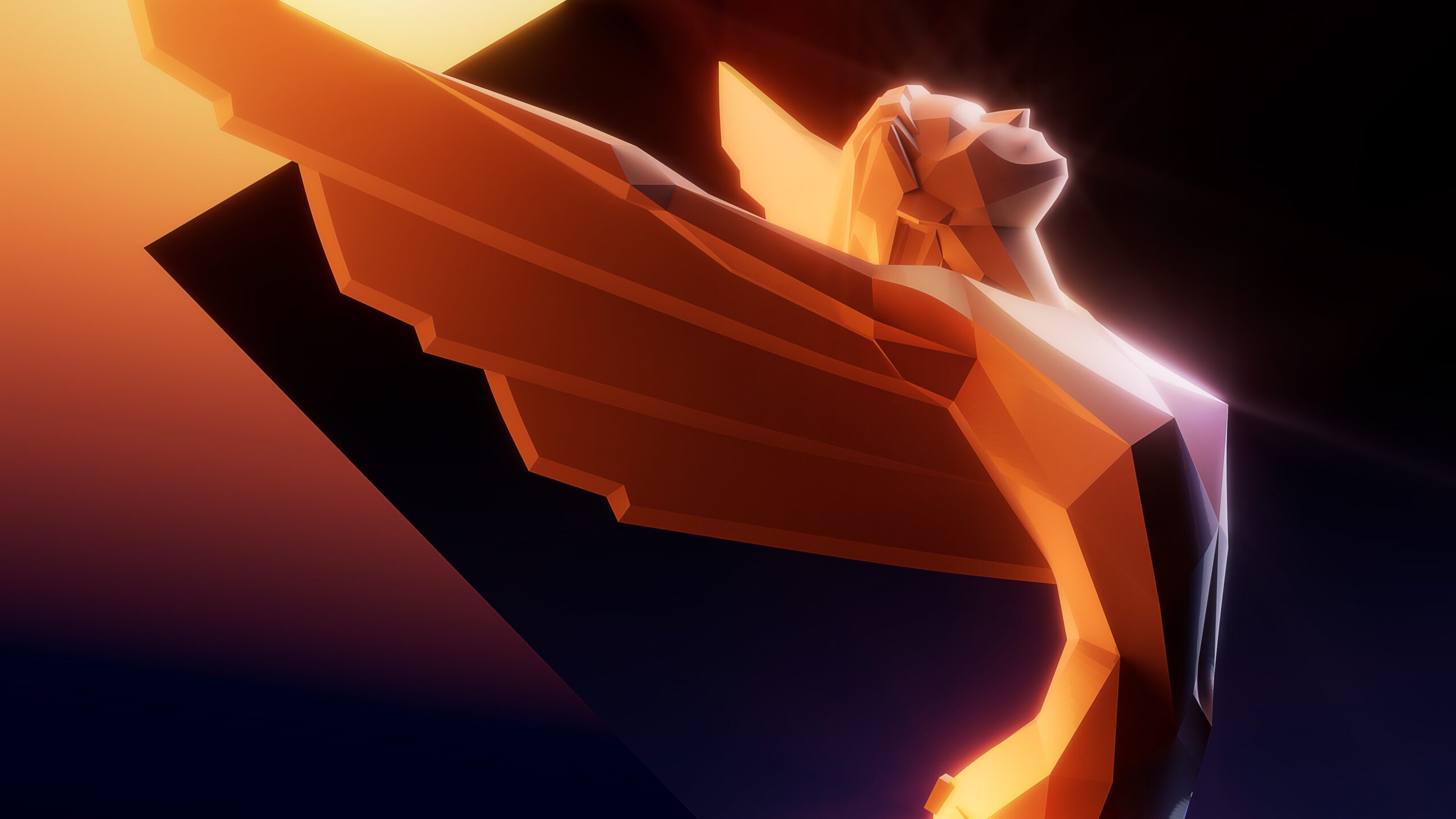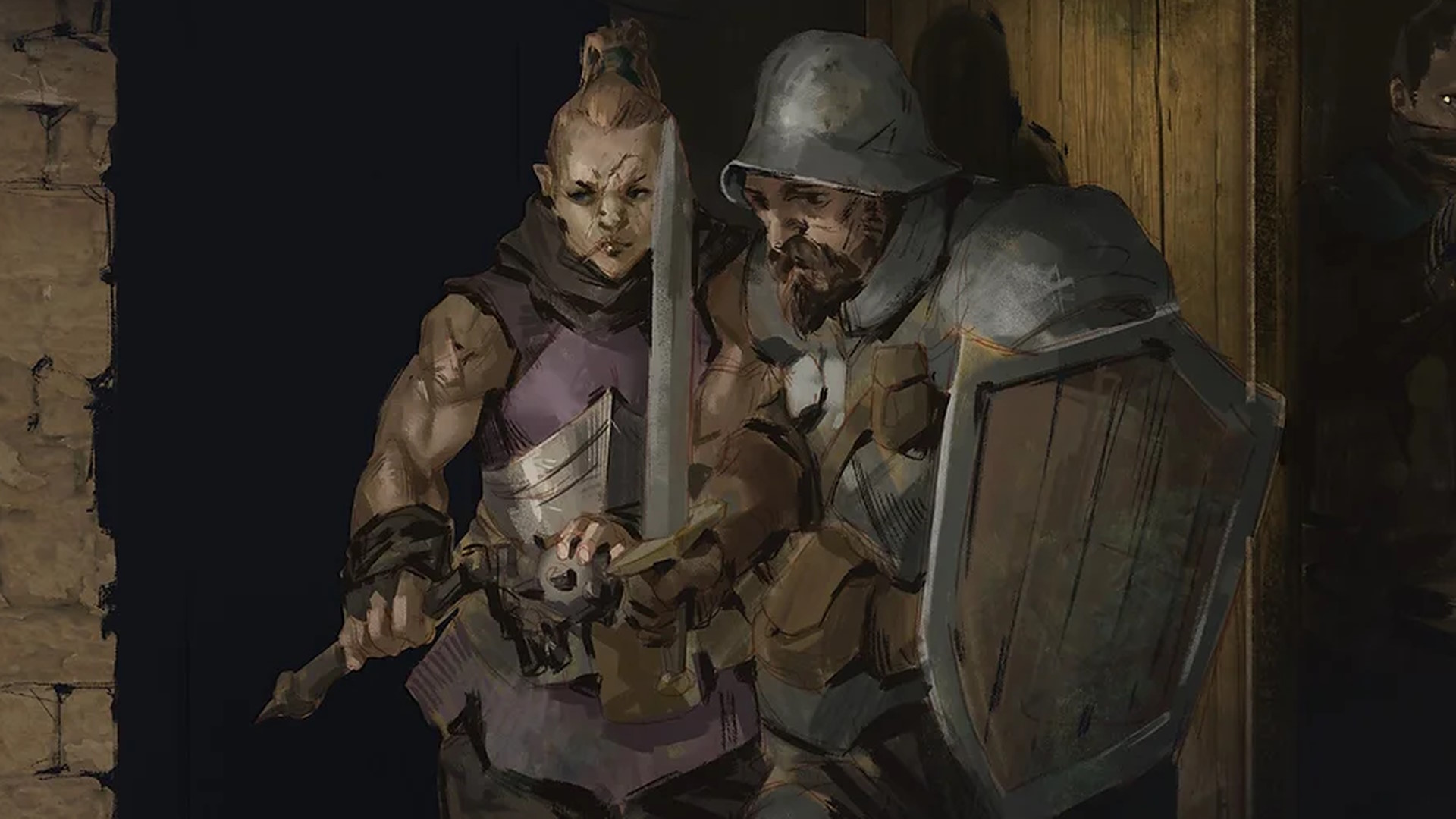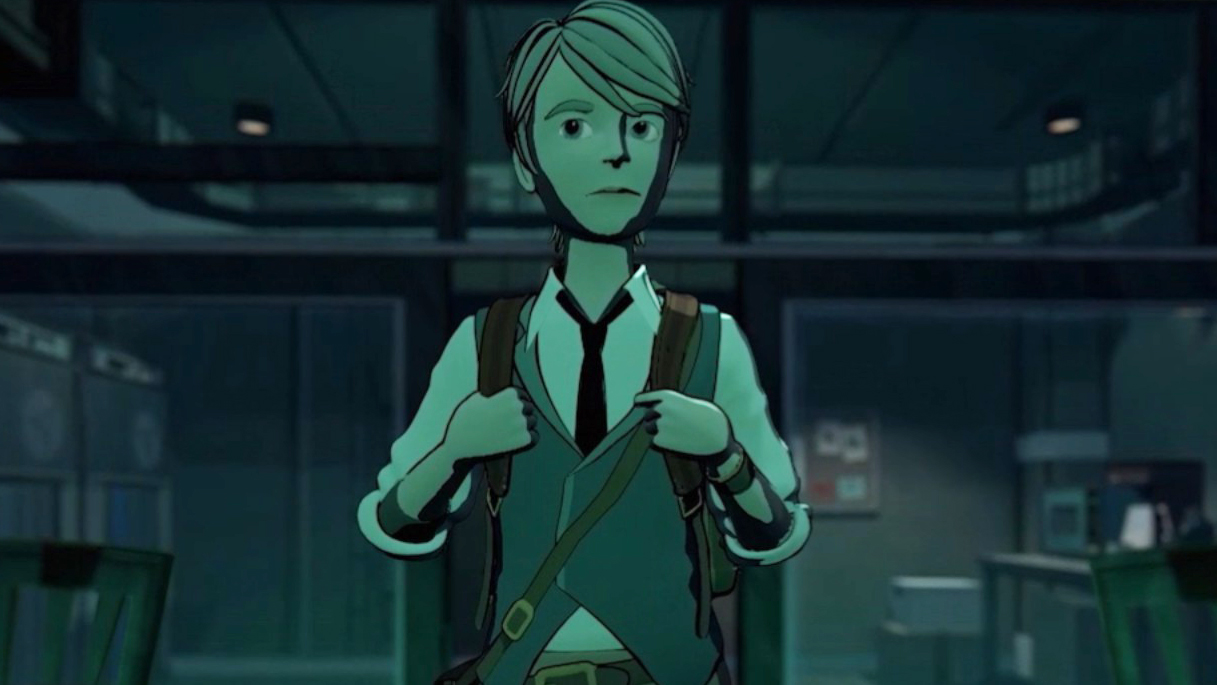66 members of The Game Awards Future Class, a program intended to honor people “who represent the bright, bold, and inclusive future for video games,” and hundreds of others involved with the videogame industry have signed an open letter calling for a statement acknowledging the ongoing humanitarian crisis in Gaza during The Game Awards show in December.
Gaza has been under siege since mid-October, following an attack on southern Israel by Hamas militants that reportedly resulted in 1,200 deaths, mainly civilians, and more than 240 people taken hostage. In response, Israel unleashed an attack on Gaza that has thus far killed more than 15,000 people, according to Gaza health authorities, roughly 6,000 of whom were children. Alongside the military assault, Israel also cut off food, water, fuel, and communications to the enclave, deepening a humanitarian crisis that United Nations secretary-general António Guterres described as “inhuman collective suffering.”
The open letter, addressed to Game Awards host Geoff Keighley, Future Class director Emily Bouchoc, “and the whole The Game Awards team,” begins by noting that members of the Future Class were not selected “as symbols of what the game industry currently is, but of what it could be: a diverse, inclusive and caring workplace. A positive force in the world that can influence billions of people … You gave us the role of ambassadors of a better future – as such, our duty towards you and all the players world-wide compels us to speak up.”
“Like many of our peers, we are appalled by the war crimes the Palestinian people are victims of, and we grieve the loss of so many civilian lives,” the letter states. “Adding to that pain, is the knowledge that our industry is playing a role in this.”
The letter states that the mainstream videogame industry “systematically produces works that dehumanize and vilify Muslims, Arabs, and the many brown and black people living in the regions of South-West Asia and Northern Africa,” a point made previously by multiple well-known game developers including Rami Ismail and Meghna Jayanth; yet when Jayanth expressed a desire to make a statement on Gaza as a presenter at The Golden Joystick Awards earlier this month, she was told it wouldn’t be allowed. She withdrew from the program as a result. (The Golden Joystick Awards are produced by Future PLC, which operates PC Gamer.)
“With the current state of the game industry, silence is a message,” the letter states. “Silence is tacit support. Silence is dehumanization of Palestinian lives.” It then asks for a statement to be read during The Game Awards broadcast, calling for:
The games industry to invest resources and work against its systematic dehumanization of people from South-West Asia and North AfricaTo express support for the protection of Palestinian human rightsCall for a long term ceasefire before any more civilian lives are unjustly taken
The games industry’s silence on the Palestinian genocide is disgusting, and this needs to change.To all gamedevs: Please read our letter to The Game Awards, sign it, and share it as much as you can. Palestinians need all the support we can give 
The open letter has faced some criticism on social media. Predictably, there are demands on Twitter to “focus on the games” and keep politics out of it; there are also complaints that it fails to call out Hamas for its brutal attack on Israel, which instigated the current crisis.
One member of The Game Awards Future Class said he does not support the letter because it “perpetuates misinformation, one-sidedness, and an irresponsible conflation of the war in Israel/Gaza with xenophobia and misrepresentation of muslims, arabs, and brown people in videogames.” In a separate tweet, he added. “The letter paints a direct line between vilification of muslims & other races to the Israel/Gaza war, as if that is the driving force of the war. It does not mention Hamas, the hostages, or the events of Oct 7th. This is misleading especially to those less knowledgeable on the war.”
Generally, though, the open letter has drawn wide support: Nearly 2,500 people associated with the videogame industry have put their names to it at the time of writing, including 68 of a 150 total Future Class members.
This isn’t the first time Keighley and The Game Awards have been called upon to address a politically sensitive topic. In 2021, Activision Blizzard was excluded from participating in The Game Awards following allegations of widespread discrimination and sexual harassment at the company earlier that year, and Keighley started the show with a broad statement that “we should not and will not tolerate any abuse, harassment or predatory practices by anyone, including our online communities.”
How Keighley will handle this callout remains to be seen. The Gaza crisis is a far more sensitive and politically-charged situation, and has already resulted in thousands of deaths, and while a ceasefire is currently in place it’s set to expire on November 30 and the expectation is that Israel will resume its attack if a new truce isn’t reached. But there’s clearly growing pressure for The Game Awards to speak out: In the words of UN secretary-general Guterres, “The people of Gaza are in the midst of an epic humanitarian catastrophe before the eyes of the world. We must not look away.”
The Game Awards 2023 are set to take place at 4:30 PT/7:30 pm ET on December 7. I’ve reached out for comment on the Future Class open letter and will update if I receive a reply.












